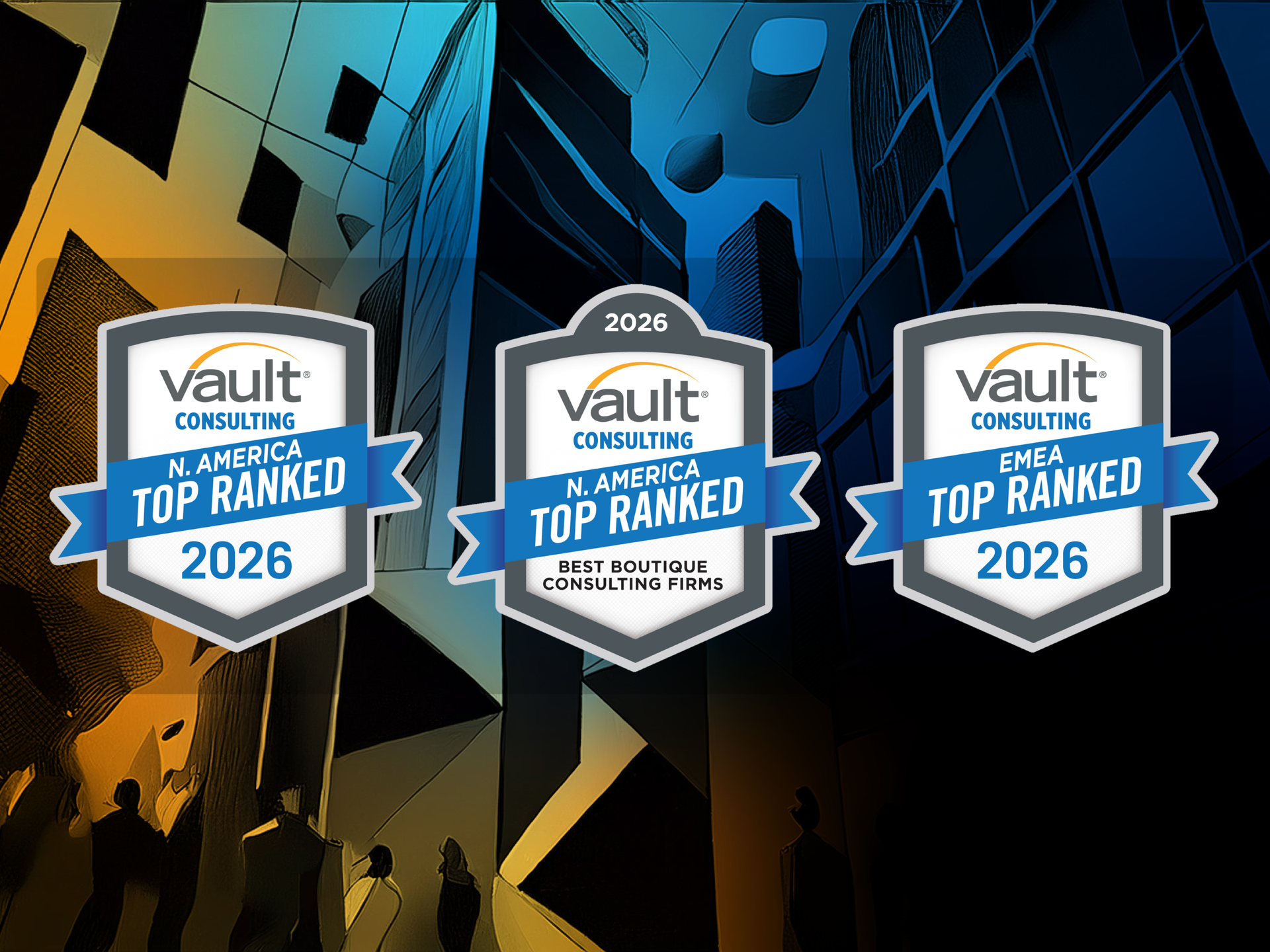Share
This article was originally featured by "International Policy Digest" and was written Scott Douglas Jacobsen.
Brad Kuntz of Grant Thornton Stax, a global strategy consulting firm, unpacks the far-reaching consequences of U.S. reciprocal tariffs on private equity strategy, consumer prices, and global supply chains.
As tariffs introduce fresh waves of cost volatility, firms are increasingly pivoting toward nearshoring and building more resilient supply networks. While the 2018 tariffs spurred a modest uptick in U.S. steel production, those gains were offset by broader job losses in steel-consuming industries.
In an inflationary environment, companies may be able to preserve pricing power—but they’re also undergoing a strategic shift. The old playbook of cost optimization is giving way to risk optimization, with flexibility and adaptability now prized over raw cost savings. Although prolonged tariffs risk unsettling trade flows and market stability, forward-looking firms are countering that threat with investments in automation and supplier diversification—hedging against disruption while laying the groundwork for long-term growth.
Scott Douglas Jacobsen: How will U.S. reciprocal tariffs impact large-cap private equity strategies?
Brad Kuntz: Tariffs create short-term cost volatility and supply chain risks, forcing investors to rethink global sourcing strategies. For instance, U.S. soybean exports to China dropped 40% due to retaliatory tariffs, requiring a $28 billion government bailout for farmers.
Industries with global dependencies face pressure, while domestic-facing industries may benefit. A prime example: U.S. steel production increased ~6% in 2018-2019 after tariffs, but higher input costs led to more job losses in steel-consuming industries than gains in steel production.
Large-cap private equity strategies are unlikely to experience major disruption from reciprocal tariffs in the near term, private equity firms may encourage portfolio companies to take a long-term view and de-risk supply chains by nearshoring procurement of raw materials and finished goods.
Jacobsen: How will consumer prices influence investment decisions and valuations?
Kuntz: Tariffs on key imports lead to higher input costs, which ripple through pricing strategies and, ultimately, consumer demand. For example, after the 2018 U.S. steel tariffs, steel prices surged ~50%, significantly raising costs for auto, construction, and manufacturing sectors.
Companies that can pass costs on without losing market share will be better positioned, while those in highly competitive or price-sensitive markets will see margin compression.
In some cases, firms may benefit from inflationary price increases by maintaining pricing power and leveraging tariff-driven cost adjustments to push through higher pricing.
Jacobsen: How will supply chain strategies shift in response to reciprocal tariffs?
Kuntz: Companies will shift from cost-optimized supply chains to risk-optimized/resilient models, prioritizing domestic diversification and strategic nearshoring.
The trend of moving production out of China toward Southeast Asia, Mexico, and India will accelerate, while firms in critical industries may invest in domestic manufacturing despite higher costs. Following the 2018 tariffs, U.S. imports from Vietnam grew 35%, as companies sought alternatives to China to hedge against trade uncertainty.
In a high-tariff environment, cost predictability is more important than cost reduction, meaning companies prioritize flexibility and pricing stability over finding the lowest-cost supplier. Some firms may find pricing power opportunities in inflationary conditions that allow them to pass costs through and preserve or even improve margins.
Jacobsen: Will reciprocal tariffs hinder innovation in the industrial sector?
Kuntz: Reciprocal tariffs disrupt supply chains, forcing producers in both countries to seek new upstream suppliers and raw material sources. While disruptive, tariffs could also lead to innovation in cost sustainability, production efficiency, and supplier diversification.
Jacobsen: What are the long-term consequences of sustained rather than short-term reciprocal tariffs, particularly on economic growth and market stability?
Kuntz: Sustained tariffs lead to persistent pricing volatility, inflationary pressures, and modest increases in domestic production. Industries with strong domestic infrastructure may benefit from higher pricing power, but supply chain flexibility will remain challenging for sectors reliant on global trade.
Jacobsen: How can businesses balance immediate cost pressures against longer-term growth?
Kuntz: Companies should balance short-term margin protection with strategic investment in areas that bolster long-term protection (e.g., automation, supplier diversification, etc.). Businesses must proactively assess supply chain options to improve price predictability rather than wait for tariff policy changes. Well-positioned firms may be able to take advantage of inflationary price increases if they have strong market positioning.
Jacobsen: Thank you for the opportunity and your time, Brad.








